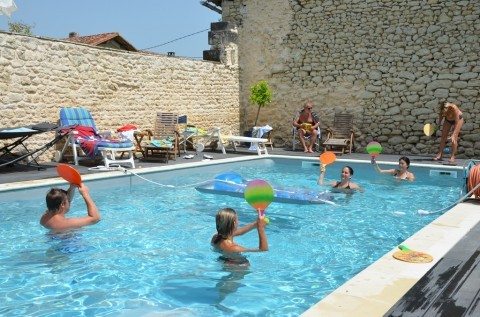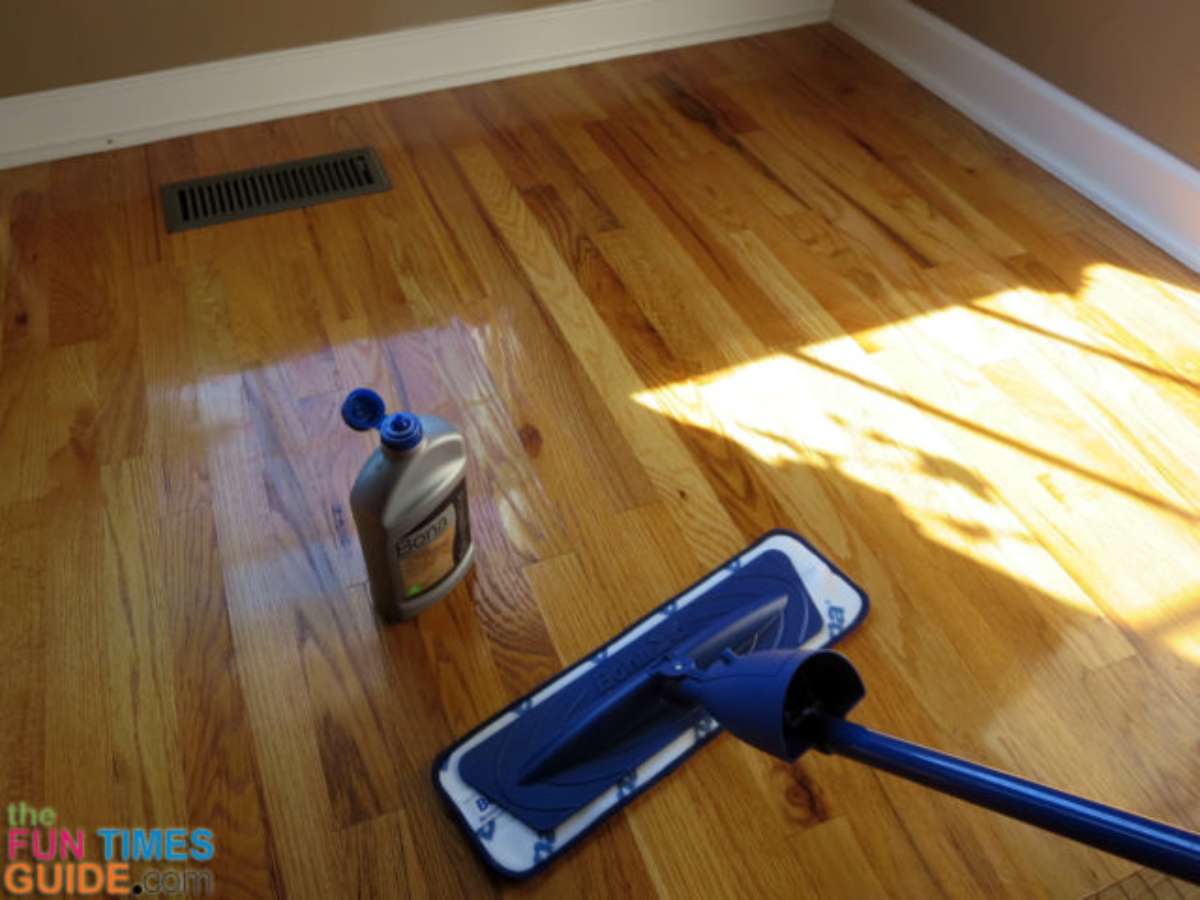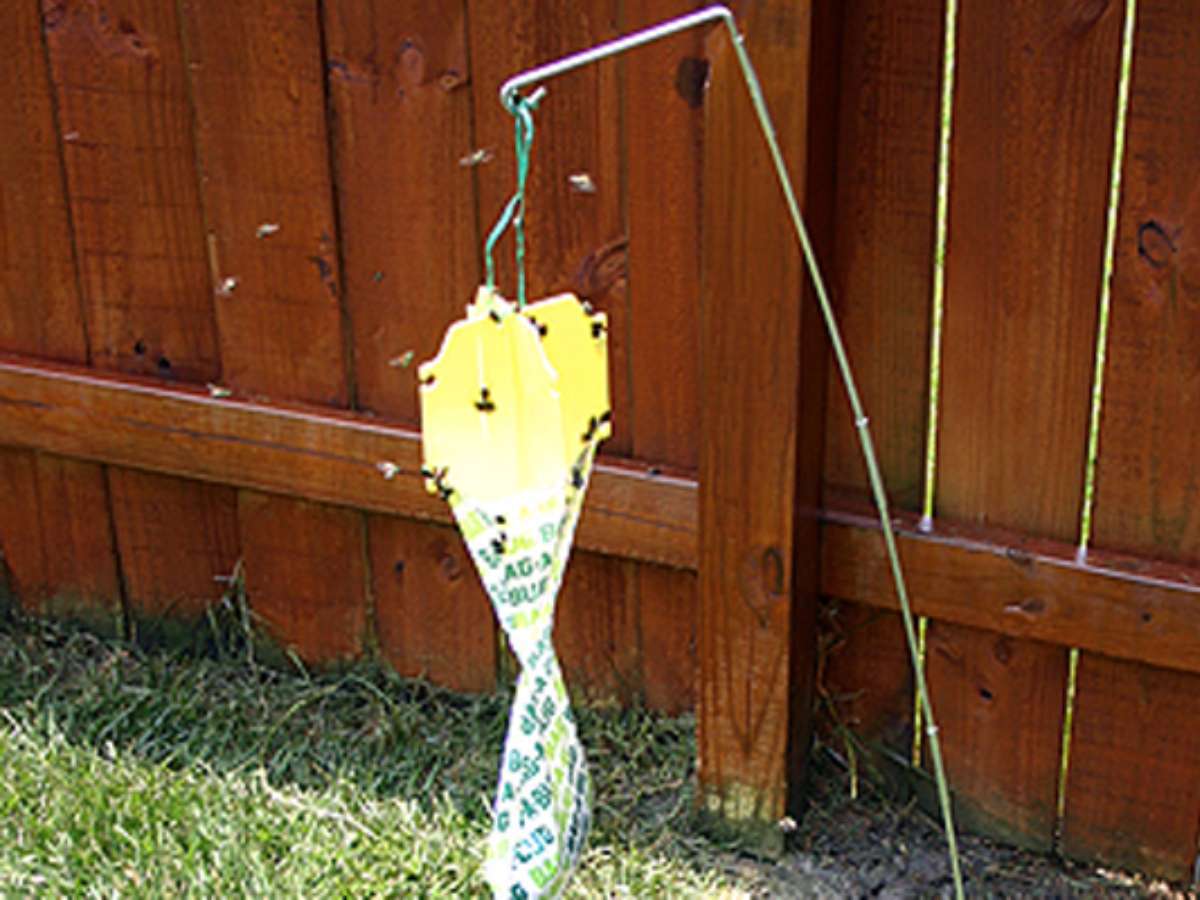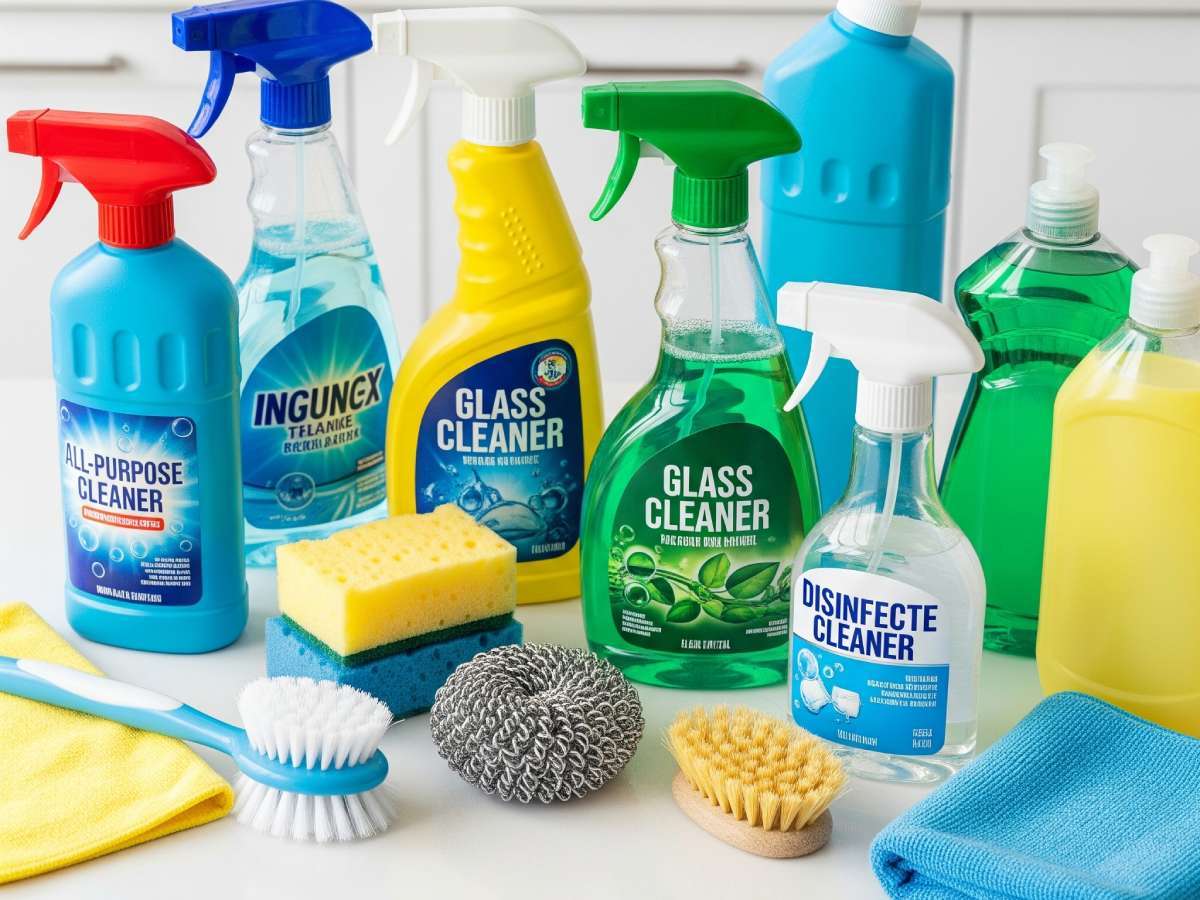Steve Bister works at Crystal Waters Pool & Spa. He is a fan of salt water systems in swimming pools.
After reading an article I wrote about salt water pool systems vs chlorine pool systems, Steve sent us some more info about salt water pools. He has graciously given us permission to share that info with everyone here at The Fun Times Guide.
If you have any questions about salt water pool systems, chances are they’re answered below…
From Steve:
I build and service pools in the Kansas City metro area. I have installed a lot of salt systems and repaired them as well.
Here are some things to know about salt water systems:
1. The chlorine produced by a salt water system has very positive ph. That reduces eye and skin irritation. The downside is that chlorine loses its ability to sanitize at ph levels over 7.8ppm.
2. Yes, it is expensive to replace the cell in a chlorine generator. However, it is a lot like a light bulb. The less the generator has to run, the longer it lasts.
3. As mentioned in other postings, chlorine smell is typically from chloramines. Let me explain. The human body produces ammonia and other organic wastes. When molecules of ammonia and other organic wastes bond with chlorine molecules, it turns into a compound called chloramines. These chloramines are chlorine in an unusable form. When you test your water you will test for free chlorine, and total chlorine. If the total chlorine level is higher than the free, the difference between the two is chloramines. The appropriate way to deal with these is “breakpoint chlorination.” The rule of thumb is super-chlorination to 5x chloramines.
The example is if free chlorine is 2.0 and total chlorine is 4.0, the difference is 2.0. 2×5=10. Raise the chlorine level by 10ppm to breakup the chloramines. This needs to be accomplished with chlorine shock. I prefer to use Calcium Hypochlorite with an active ingredient level of 68% or higher. Simply setting the chlorine generator higher will not necessarily work.
4. Chlorine levels should typically be between 1 ppm and 3ppm. This provides adequate sanitation. However, you could still get algae if other things are not taken care of. If you do get algae, your chlorine level will go down because it is being used up in trying to kill the algae. That leads you to turn up the generator in an attempt to maintain the chlorine level. Turning up the generator causes it to run longer, which makes the cell go bad sooner. In our business, we have had great success using a product made specifically for salt water pools which removes phosphates (perfect algae food), adds levels of salt to the pool, contains enzymes which break down suntan lotions and body oils, and helps to keep the ph down to manageable levels. All of these things make it possible for the generator to operate less which increases cell life.
5. Corrosion can be a problem to metal surfaces in contact with the pool water. No, it is not necessarily caused by low ph. It can be caused by improper grounding in the pool (don’t worry, this is not a safety hazard in any way) and related equipment through the process of electrolysis. There are new products on the market which will help combat this issue, although the issue is a bit too technical for this posting. However, there are also products available for new construction which are less prone to corrosion.
6. Salt water pools are not maintenance free. The key parameters of water balance (chlorine, ph, alkalinity) are still important and need to be tested for and adjusted on a regular basis. It is also important to remember that the chlorine produced by a chlorine generator is not stabilized. It is important to maintain an adequate level of cynuric acid (also known as “stabilizer or conditioner” when you buy it at the pool store) or the sunlight will leach it out of the pool as fast as it can be made.
7. I personally am a fan of salt water pools. The feel of the water is much nicer to your skin, I think they save some money for the consumer, and I think in the end it is actually a “greener” alternative to pool sanitization.
I’ve not mentioned specific brands or products as I don’t know if that is permitted. However, you are free to contact me at Crystal Waters Pool and Spa for specific product info.
More from Steve:
I just like to educate consumers about their pools. It’s a big investment and there is a lot of misinformation out there about salt water systems, even among service professionals. I’ve been fortunate to be able to work with multiple resources and get information backed up by my own experience in the field.”
Thanks so much, Steve! A lot of people had questions about salt water pool systems in my earlier article, and you’ve answered a lot of those questions here.
By the way, to address Steve’s concern… specific products are always A-ok to talk about on here at The Fun Times Guide. So if anyone wants to mention your favorite swimming pool products in the Comments below… by all means, feel free!





